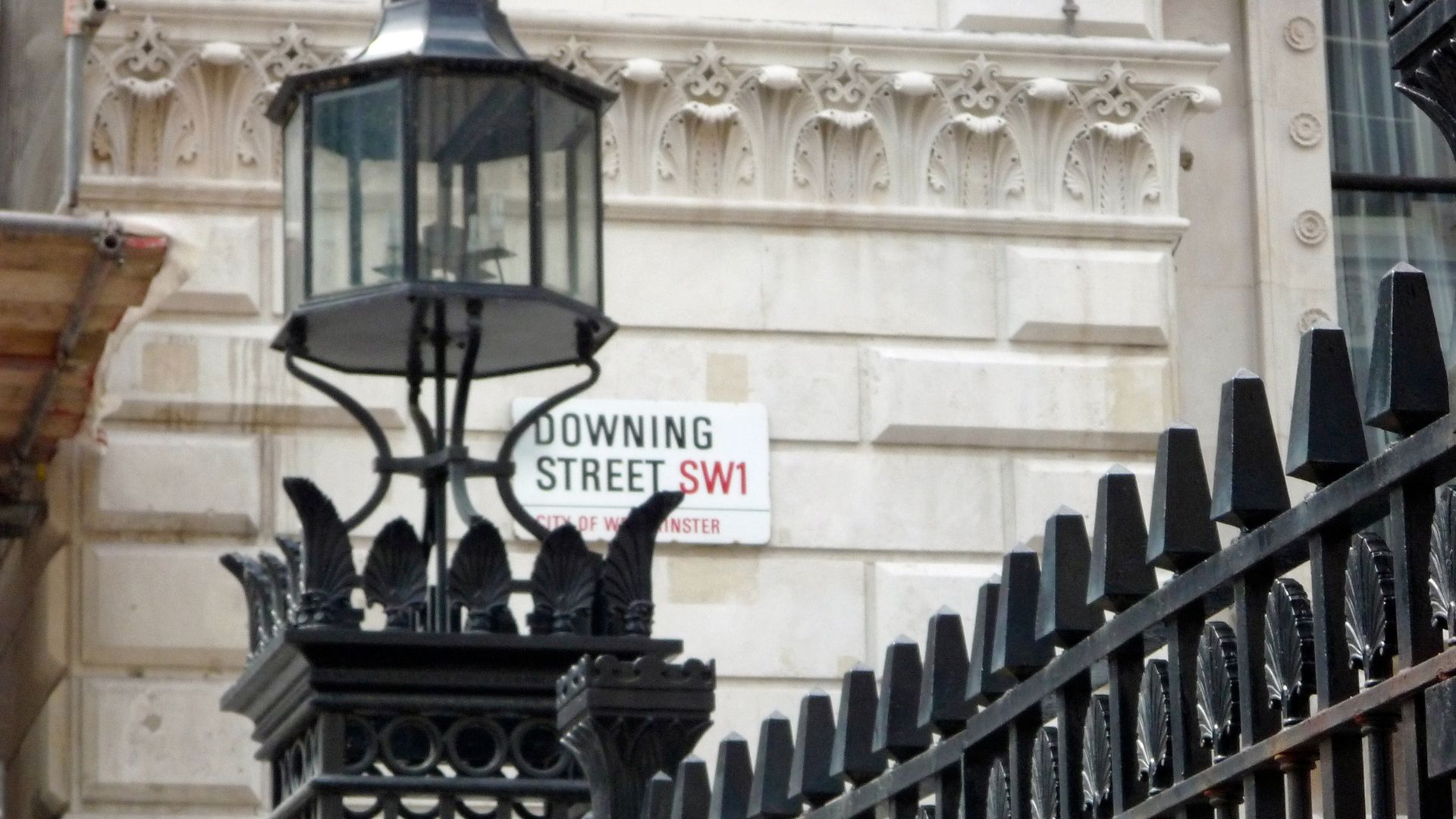17th November 2022
Autumn Statement 2022

The Chancellor, Jeremy Hunt, has today unveiled the Autumn Budget. We take a look at the key points which will impact our industry.
Benefit In Kind Tax
Within the Autumn Statement, it was announced that the government remain committed to keeping benefit-in-kind (BIK) tax for electric vehicles (EVs) low, in order to increase uptake.
Company car tax for EVs will increase by one percentage point year-on-year for three years from 2025. BIK for a pure EV is 2% (2022/23) and remains at that rate up to April 2025. This will then increase to 3% in 2025/26, to 4% in 2026/27, and 5% in 2027/28.
Rates for all other vehicles bands will be increased by 1 percentage point for 2025-26 up to a maximum appropriate percentage of 37%, and then be fixed in 2026-27 and 2027-28.
VED for EVs
The Chancellor confirmed that EVs will no longer be exempt from vehicle excise duty (VED), with the government introducing VED on electric cars, vans and motorcycles from April 2025.
New zero emission cars registered on or after April 1, 2025, will be liable to pay the lowest first year rate of VED (which applies to vehicles with CO2 emissions 1 to 50g/km) currently £10 a year.
From the second year of registration onwards, they will move to the standard rate, currently £165 a year. Zero emission cars first registered between April 1, 2017, and March 31, 2025, will also pay the standard rate.
Zero emission vans will move to the rate for petrol and diesel light goods vehicles, currently £290 a year for most vans. Zero emission motorcycles and tricycles will move to the rate for the smallest engine size, currently £22 a year. Rates for alternative fuel vehicles and hybrids will also be equalised.
The government estimates that the new VED taxes will raise around £35 billion, and compensate for the loss in tax revenue that’s occurred since the growth in the EV market.
AER rise
It was also announced today by HMRC that the advisory electricity rate (AER) will increase from 5ppm to 8ppm from 1st December 2022.
The AER rate, will also now be reviewed quarterly in line with advisory fuel rates (AFRs)- a move which will be welcomed by the fleet industry.
First Year Allowance for Electric Vehicle Chargepoints
The government will legislate in the Spring Finance Bill 2023 to extend the 100% First Year Allowance for electric vehicle charge points to March 31, 2025, for corporation tax purposes and April 5, 2025, for income tax purposes.
This is to ensure that the tax system continues to incentivise business investment in charging infrastructure.